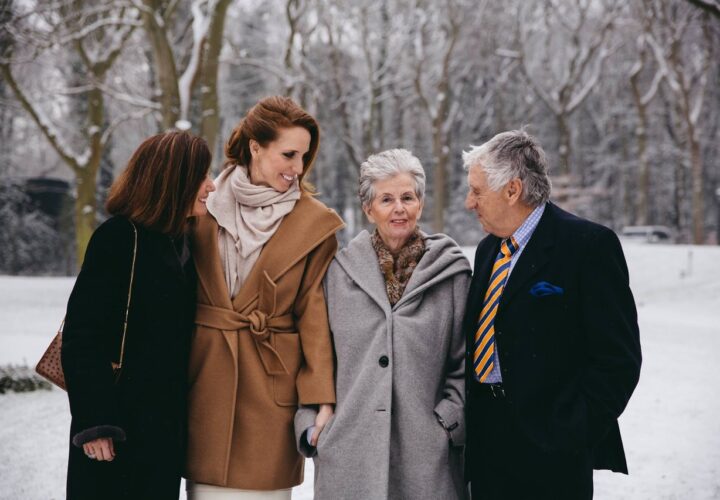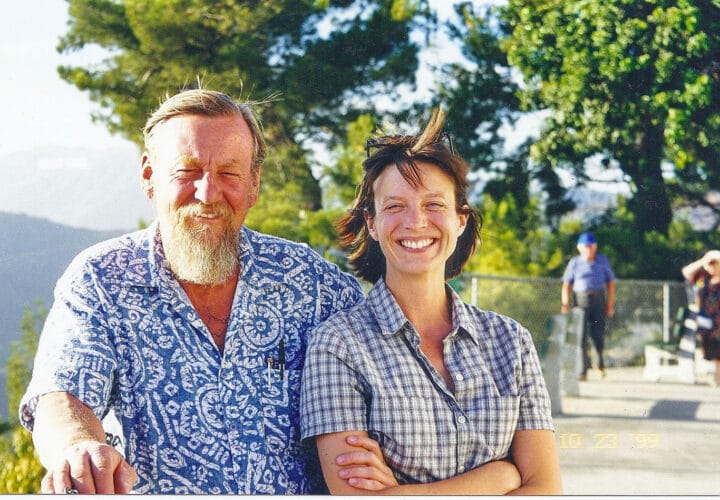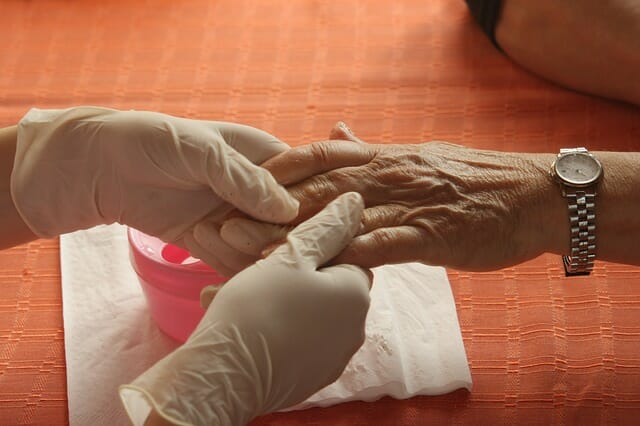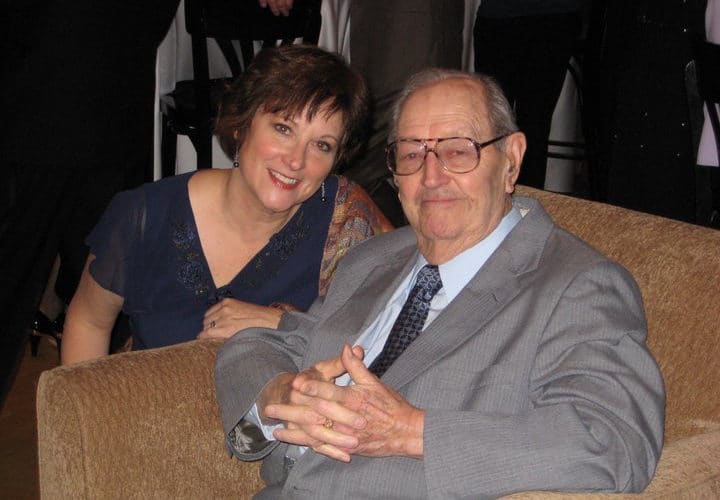As a child, I took dance lessons. I would twirl through the grocery store, leap from aisle to aisle and dance anywhere I could. I was part of a dance troupe in high school and continued to dance through college and into adult life. Then, many years prior to becoming a caregiver, I became a licensed instructor of a dance movement class. When I dance, I feel better.
During the two and one-half year journey of providing care for one parent with Alzheimer’s and one with stage-4 cancer, many people encouraged me to invest time into taking care of myself, to practice self-care. I felt that I barely had time to care for my parents and certainly didn’t have any extra time to take care of myself. I remembered that I felt that lack of time for self-care as a single mom with a demanding career until I took a short vacation alone, and I realized I was a calmer and more patient mother when I returned. But I still hadn’t reached that point with my parents’ care. I held on to the negative feeling that taking time for self-care indicated that I was not dedicated to my parents’ care. In other words, it was self-ish.
While caring for my parents, my schedule only allowed me to be a substitute teacher of the dance movement class that I had regularly taught. Fortunately, it seemed that whenever I really needed a break from caregiving, especially one I did not feel I could take, I would get a call to teach for a colleague. The class I taught required my full attention and an awareness of how my body was feeling. I was not able to teach and remain in the world of providing care at the same time. For one hour, I was in a different place, one in which I could feel free with no caregiving responsibilities or decisions required of me. After that hour I was rejuvenated and fresh, yet peaceful and ready to face whatever my journey held next.
As my parents’ medical needs increased, they were prescribed medications meant to improve their health status, that were, as the saying goes, good for what ails them. At times they were offered complementary treatment, such as massage, to make them feel better and heal. It was equally important that I receive care and remain well in order to be of the greatest help to them. One day I realized that dance was my medicine. And, when I took my medicine, I was more patient and focused, and my emotional and spiritual tank was filled with more of everything I needed to be a better caregiver and daughter to my parents. I again realized that self-care was not self-ish, it was essential to my ability to be resilient, and to recharge and thrive instead of merely survive. Self-care is really self-love.
Rest and self-care are so important. When you take the time to replenish your spirit, it allows you to serve others from the overflow. You cannot serve from an empty vessel. –Self-care coach Eleanor Brownn
For me, my medicine is dance. What is your medicine?
What do you do to feel better; what brings you peace? It may be meditating, reading, practicing yoga, taking a walk with a pet, honing some skill or talent, learning a new skill or anything that speaks to your spirit.
For a friend, her medicine was what she called “Freedom Fridays.” Friday was the day of the week that she “forgot” about her husband’s diagnosis, didn’t say the big “C” (cancer) word and pretended that he was well.
Your respite might be a cup of coffee, a massage, a nap, a conversation with a trusted friend or simply sitting in silence. Often it is something that brings you back to what you loved as a child: listening to oldies music, taking a bubble bath, baking or spending time in nature.
Sometimes doing something for yourself, for as little as a few minutes, is all that is needed to sustain your well-being. Sometimes I needed to take a minute to simply acknowledge that what I was experiencing was truly challenging and to be grateful for always doing my best, even when it didn’t feel like it was very good.
Find your form of self-care and make time to do it, for yourself and for the sake of those for whom you provide care. Make it a priority. It can make a difference in the quality of care you provide and the decisions you make, as well as whether you will survive or thrive through your caregiving journey. You and your loved one are worth it.
Trish Laub is the author of The Comfort in their Journey book series. This article is part of the Words Matter series, in which she discusses language, communication and the way it affects those living with Alzheimer’s or cognitive impairment.





